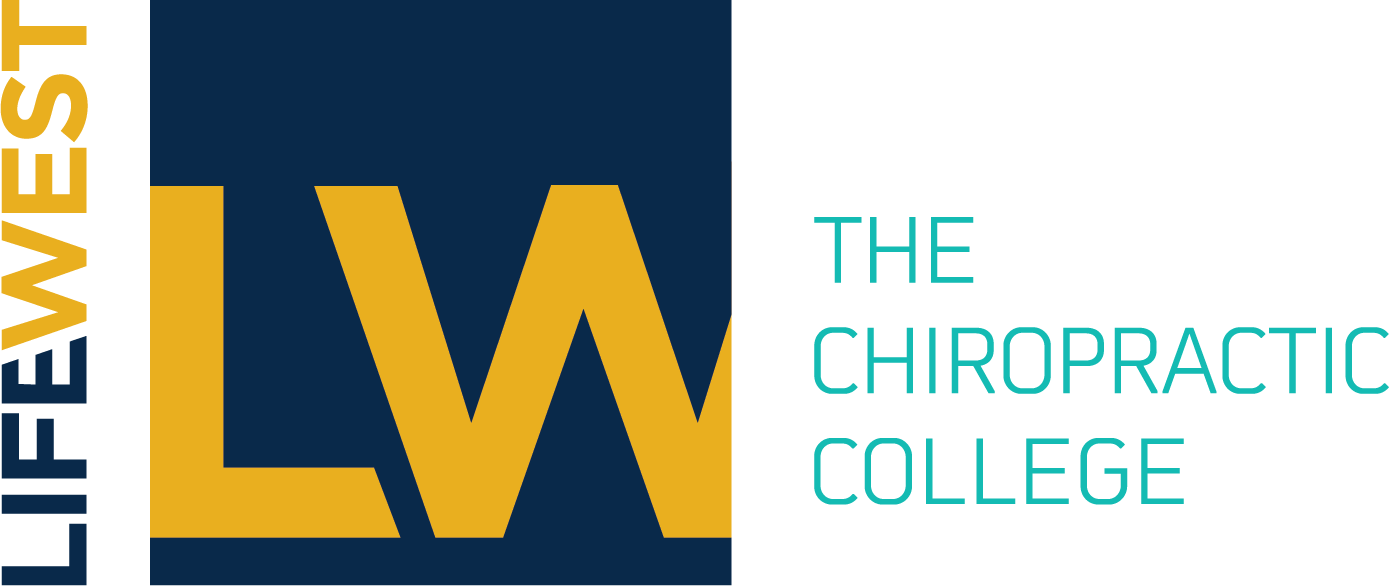@sbielser
Active 1 year, 11 months ago-
Silvia Bielser posted an update in the group
 Diversity and Inclusion Network (DIN) 2 years, 7 months ago
Diversity and Inclusion Network (DIN) 2 years, 7 months ago Inspirational Article on How You Can Be A DEI Ally!
DEI starts with “U”
Diversity is not a zero-sum game. By creating environments that are truly inclusive so that all people feel seen, heard and belong, we grow in profitability, revenue, and in higher rates of innovation. This means shifting from a fixed mindset. A fixed mindset suggests an “us” versus “them: mentality. Some key data points to emphasize how we all grow with inclusion, equity and inclusion:
• Inclusive teams make better business decisions 87% of the time.
• Firms with more diverse management teams have 19% higher revenues according to Forbes.
• Gender and racial diversity lifts profitability rates 20-36% according to McKinsey.If you want to be a part of DEI, it starts with you. There are lots of roles allies can play for diversity, equity, and inclusion.
Consider inclusive leadership as a choose your own adventure approach. Some key roles an ally can play for DEI:
• A mentor is a future version of yourself
• A sponsor is somebody that has power influence and decisions about career advancement and succession planning
• An advocate speaks up and amplifies the voices of others
• A coach listens and provides space for self-learning and growth
• A challenger provides feedback and stretches talent equally across the dimensions of diversityAllyship is a two-way street. You can be an ally to others different from you, and others can also be allies for you. Consider the ways you are being an ally to others and who’s being an ally to you. Inclusive leaders diversify who they spend time with because we learn more from people different than ourselves. Everyone, regardless of title or position can lead from where they’re at and model the positive change they want to see from others. That means looking long and hard in the mirror and assessing your strengths, your weaknesses, your opportunities, and your threats. Where are you showing up inclusively? Where might you challenge yourself to grow?
Allies for DEI invest time in self-assessment, exploration, and reflection.
As with anything else that is important to your career or personal growth, inclusive leadership takes time and resources. As an ally, take time to invest time in yourself, assess and reflect on how you could get better understanding your unconscious biases, take the time to really observe your workplace environment for potential signs of exclusion vs. inclusion, and open your personal and professional networks to more diverse groups, stimulating new and sometimes challenging conversations.Allies self-reflect.
Consider these self-reflection questions:
• Take an inventory of your network. Who do you spend time with personally and professionally? Who are your mentors, sponsors, advocates, coaches and challengers? How much are they like you vs. different from you?
• Complete your ally SWOT analysis. What are your strengths, weaknesses, opportunities, and threats as an inclusive leader?
• Share the benefits of DEI with people in positions of power and influence. By all focusing on DEI, we grow together.Source: Next Pivot Point
